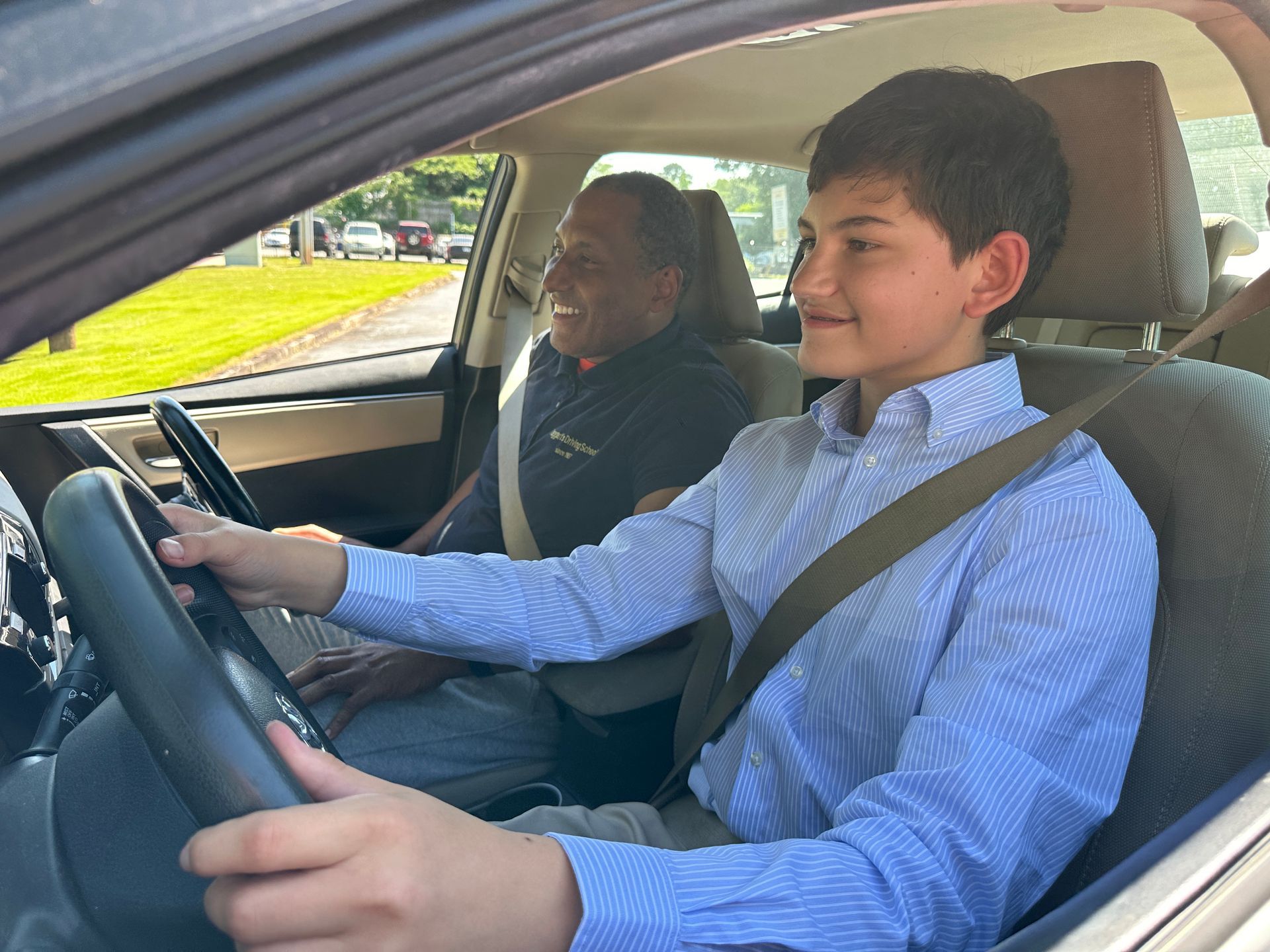No matter how long you’ve been driving for, you can never be too careful on the roads. Read below for the do’s and don’ts of driving safely.
Whether you’ve been driving for 2 months or 20 years, one thing is certain: you can never be too careful on the roads. Driving requires attention and skill, and there are lots of things you can do to help keep you, your friends and your family safe when in the car. If you’re worried about driving safety, you’ve come to the right place.
DON’T USE YOUR PHONE
First and foremost, it is absolutely essential that whoever is driving does not text and drive. While checking your phone may seem important, nothing is more important than your own life. It’s just not worth it to read that text, answer that call or play that song. Keep your hands off your phone while you’re driving.
If your phone is too much of a distraction for you, consider silencing it or turning it off while you drive. You might find that it’s easier to keep your hands off of your phone if you don’t feel it vibrating or hear it ringing. It’s always better to be safe than sorry, so if you find it hard to ignore a text or a call, you should think about turning your phone off any time you’re in the car.
DON’T DRINK AND DRIVE
As many people know, drinking can be very tempting when you’re out with your friends or family. It is okay to kick back, relax and enjoy a glass of wine every once in a while; however, if you’re planning on driving, you should put the glass down.
If drinking is just too tempting, consider choosing a designated driver. If you don’t have any friends who are willing to give up alcohol for a night, you might want to think about calling a taxi. Sure, you might have to wait a few minutes for your ride to arrive, but you’ll be a lot safer, both physically and legally!
DO WEAR A SEATBELT
While this may seem obvious, you would be surprised by how many people don’t wear their seatbelts on the road. Even if you’re just going for a quick, one-minute drive, you should still buckle up. Accidents can happen anywhere and at any time, and you want to be prepared. Next time you go for a drive, put your seatbelt on and remind all the passengers to do the same!
DO GET PROPER TRAINING
While parents might be tempted to teach their kids to drive, there is a reason that driving schools exist. Getting proper driving training from certified professionals is one of the best (and safest) ways to learn how to drive. Proper training will help you feel calm and confident every time you get in your car.
DO CHOOSE A SAFE CAR
While there are many cheap cars for sale out there, it’s best to choose something that is affordable and reliable. Sometimes it is worth it to spend a little bit of extra money to guarantee your safety.
If you’re not a car expert, keep a couple of things in mind as you look for a car. First, make sure to find something that has passed safety and emission inspections. Additionally, try and find something with a warranty so that if anything goes wrong, you won’t have to pay for it. Last, but certainly not the least, look for a car that has good reviews.
While driving can be exhilarating and provide you with a sense of freedom, it’s important to take certain precautions if you want to stay safe on the roads. If you have questions, concerns, or want to speak with a certified driving trainer, contact Taggart's Driving School.










